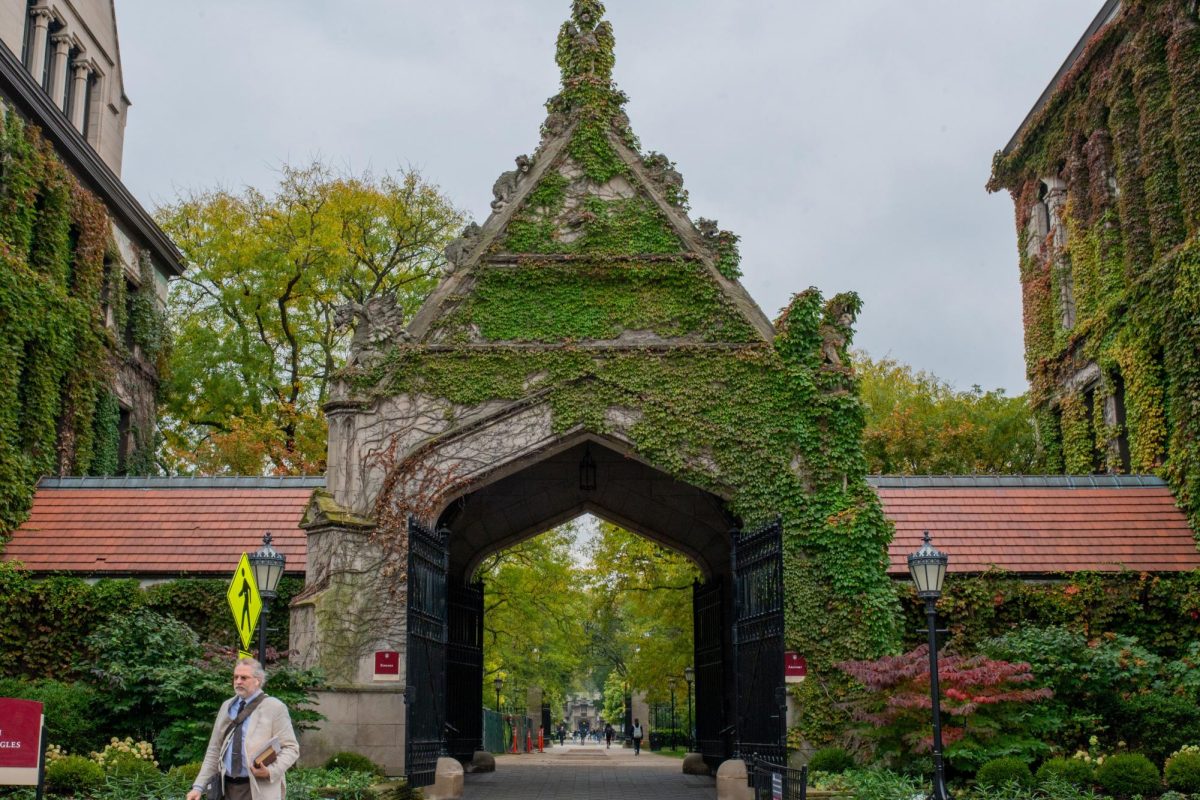The situation at a glance…
The Kalven Report
In the politically turbulent 1960s the University of Chicago president appointed a committee to define the role of the university in terms of “political and social action.” The committee, chaired by law professor Harry Kalven Jr., determined that most political statements — with a few exceptions — made by any University of Chicago department or unit could undermine the diverse perspectives of individuals and exclude minority views. The findings, known as the Kalven report, formalize the university’s neutrality in political matters.
Land Acknowledgement
In 2021, the Laboratory Schools science department decided to create a land acknowledgement statement. Given the history of science largely excluding non-Western philosophies, members of the department said they saw value in having a land acknowledgement statement which was included along with their own statements about diversity, equity and inclusion and climate change, found in syllabuses. Land acknowledgements are formal expressions of recognition for Indigenous peoples who preceded European colonizers.
The University’s Choice
After the science department’s land acknowledgement was brought to the university administrators’ attention, they notified Laboratory Schools Director Tori Jueds that such a statement was in conflict with the Kalven report. Ms. Jueds informed the U-High faculty of this at the Oct. 4 faculty meeting, explaining why the university made this decision, emphasizing that individuals can still express their opinions, like including personal land acknowledgement statements in their syllabi. Before it was removed, the science department’s statement acknowledged the Ojibwe, Odawa, Potawatomi and other Indigenous peoples.
—— —
Since the University of Chicago notified Laboratory Schools Director Tori Jueds that land acknowledgement statements are political, and therefore in conflict with a 1967 university report on political statements, U-High faculty have questioned whether the decision aligns with the institution’s mission to honor diversity.
Ms. Jueds informed U-High faculty of the decision at the Oct. 4 faculty meeting. She also said individuals have their right to free expression, including writing personal land acknowledgment statements.
Sari Hernández, an English teacher, voiced her disappointment at the meeting, advocating for the importance of land acknowledgements.
In an interview with the Midway, Ms. Hernández said, “Are land acknowledgement statements the most important thing that will actually help right some of the wrongs that Indigenous people face day to day? No. But if we can’t even agree that it is important to acknowledge the historical past, then how do we do the other things?”
Daniel Bobo-Jones, faculty chair and a science teacher, said Ms. Hernández’s response to the announcement gave him, and possibly other faculty, a deeper understanding of the subject.
“Anybody in that room that belongs to a marginalized group had the same kind of gut-wrenching punch. Because, as we know, with a lot of things, they have cascading ripple effects,” Mr. Bobo-Jones said.
“Words matter. Words matter a great deal. But actions also matter. And I think some might argue that actions matter more.”
— Tori Jueds, Laboratory Schools director
The Kalven report states the university should remain neutral to encourage people to express a range of ideas.
“The neutrality of the University as an institution arises then not from a lack of courage nor out of indifference and insensitivity. It arises out of respect for free inquiry and the obligation to cherish a diversity of viewpoints,” it reads.
Some faculty members worry about how far interpretations of the Kalven report might be taken.
Mr. Bobo-Jones said, “On one level, the DEI statement is seen as mission-oriented. But does it have to be? Is there some way the legal team at the university might one day say, ‘This is a political act,’ and we can’t do it? That’s a fear that I think every person of any group that has ever been oppressed constantly has in the back of the mind.”
Ms. Hernández said she disagrees with the suggestion that a land acknowledgement statement is political and was personally hurt by the decision.
“I would think that based on the things that the university says about diversity, equity and inclusion that they would — I would have hoped that they would — have been willing to actually stand with Indigenous people,” Ms. Hernández said.
Ms. Jueds said she believes there are different ways to interpret the Kalven report.
“Reasonable people could say, ‘Yes, this is a political statement and Kalven prohibits the university and its units from issuing such a statement,’” she said. “And reasonable people could say, ‘This is not political — this is not prohibited by Kalven.’”
Regardless, Ms. Jueds said she hopes that community members will uphold values through their actions.
“Words matter,” she said. “Words matter a great deal. But actions also matter. And I think some might argue that actions matter more.”
This story was originally published on U-High Midway on October 24, 2023.

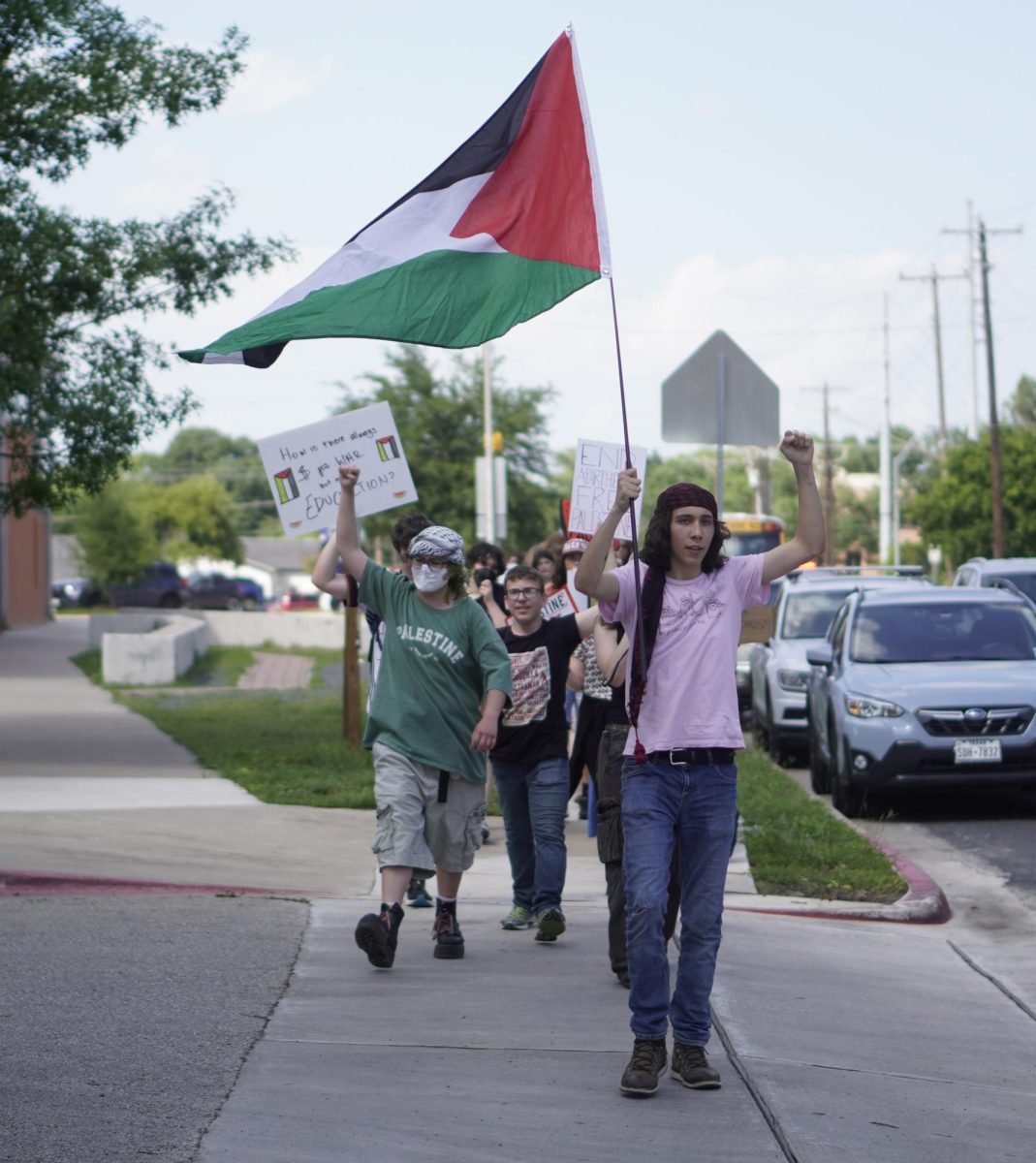
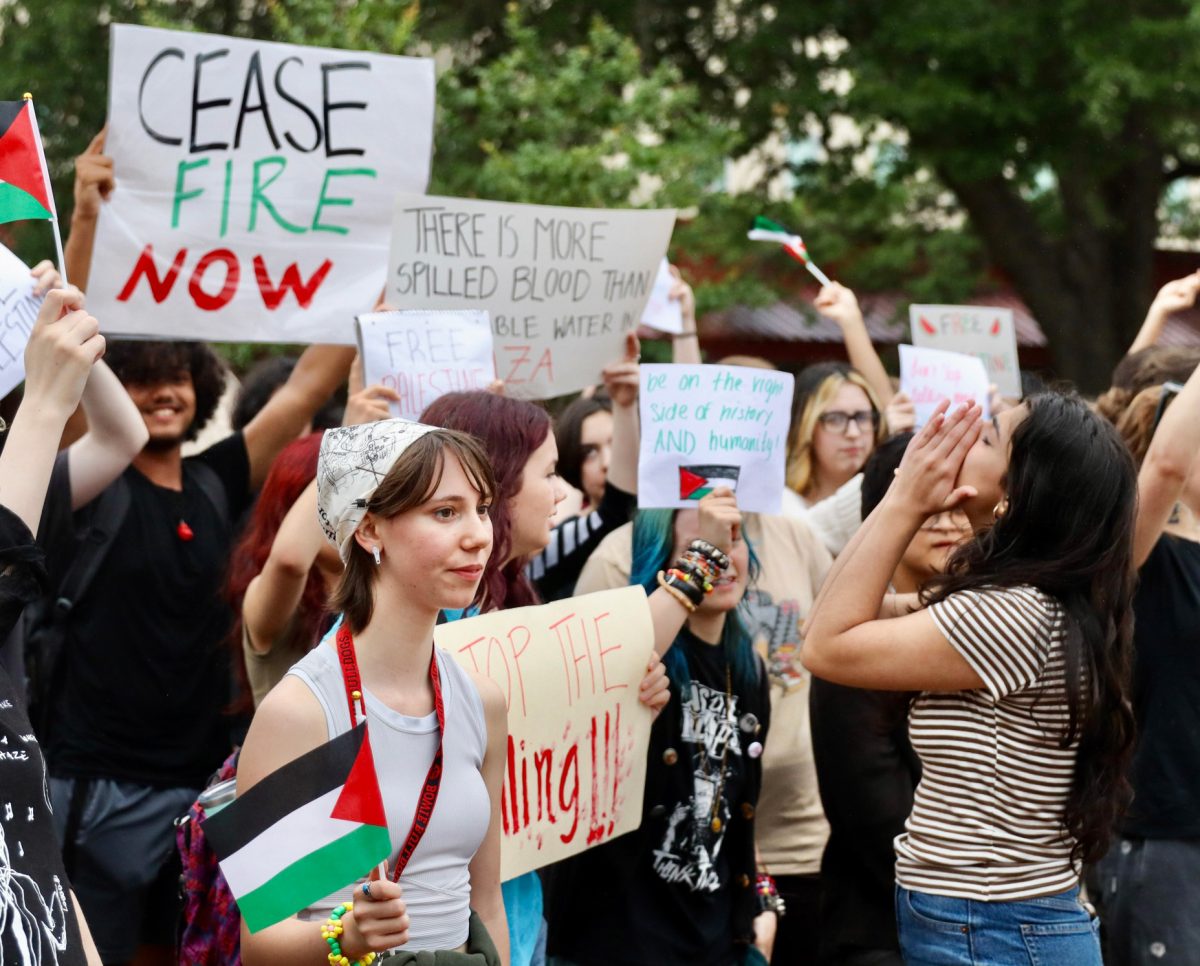
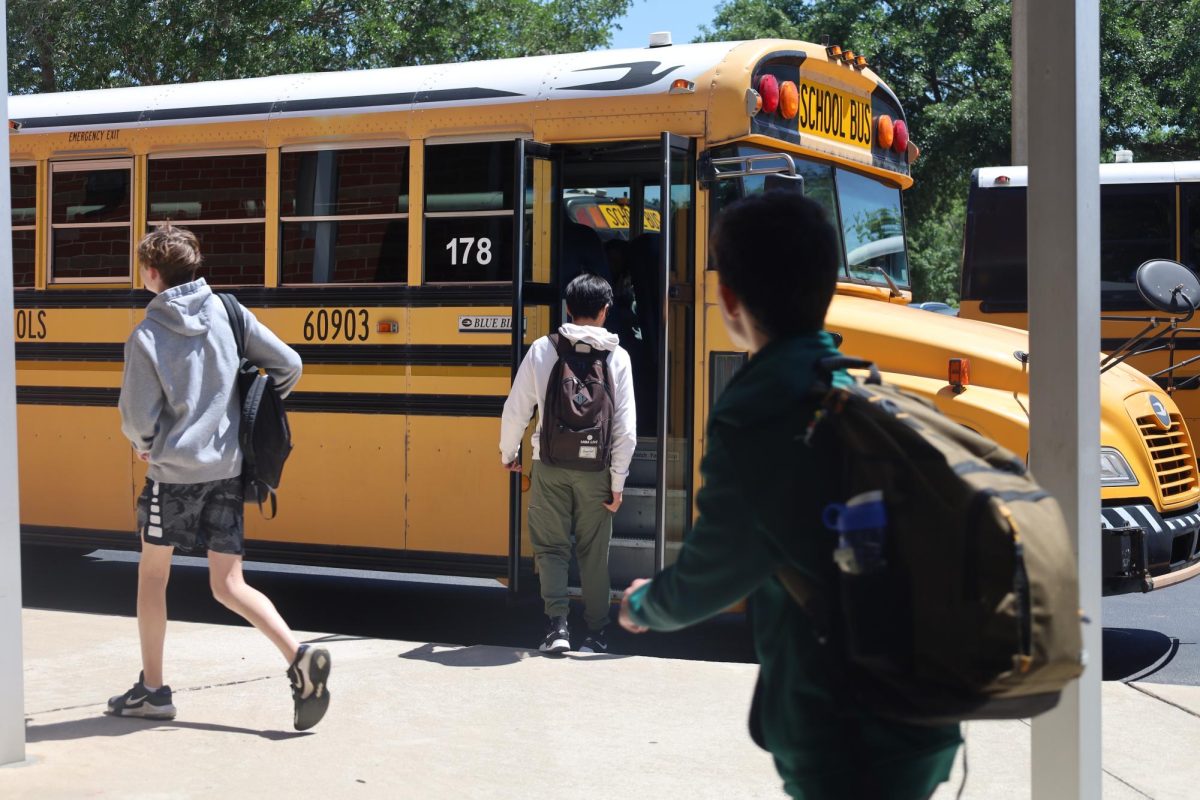
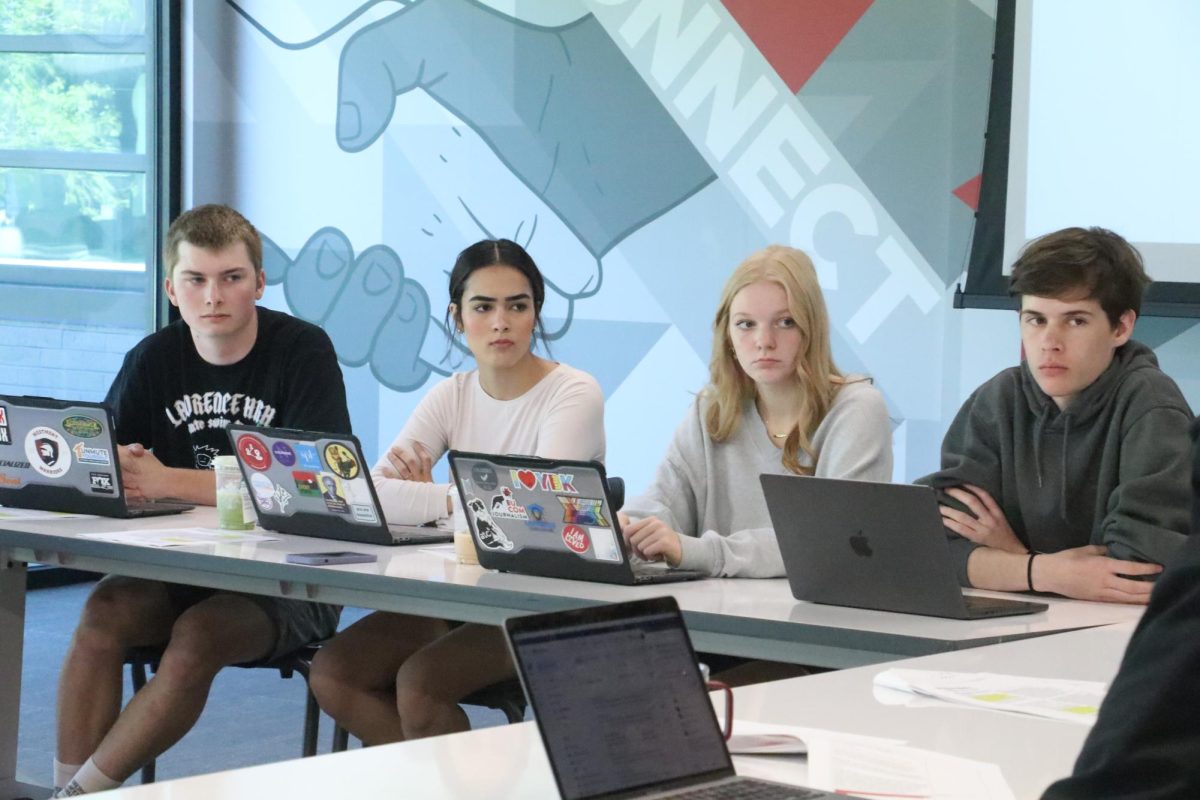
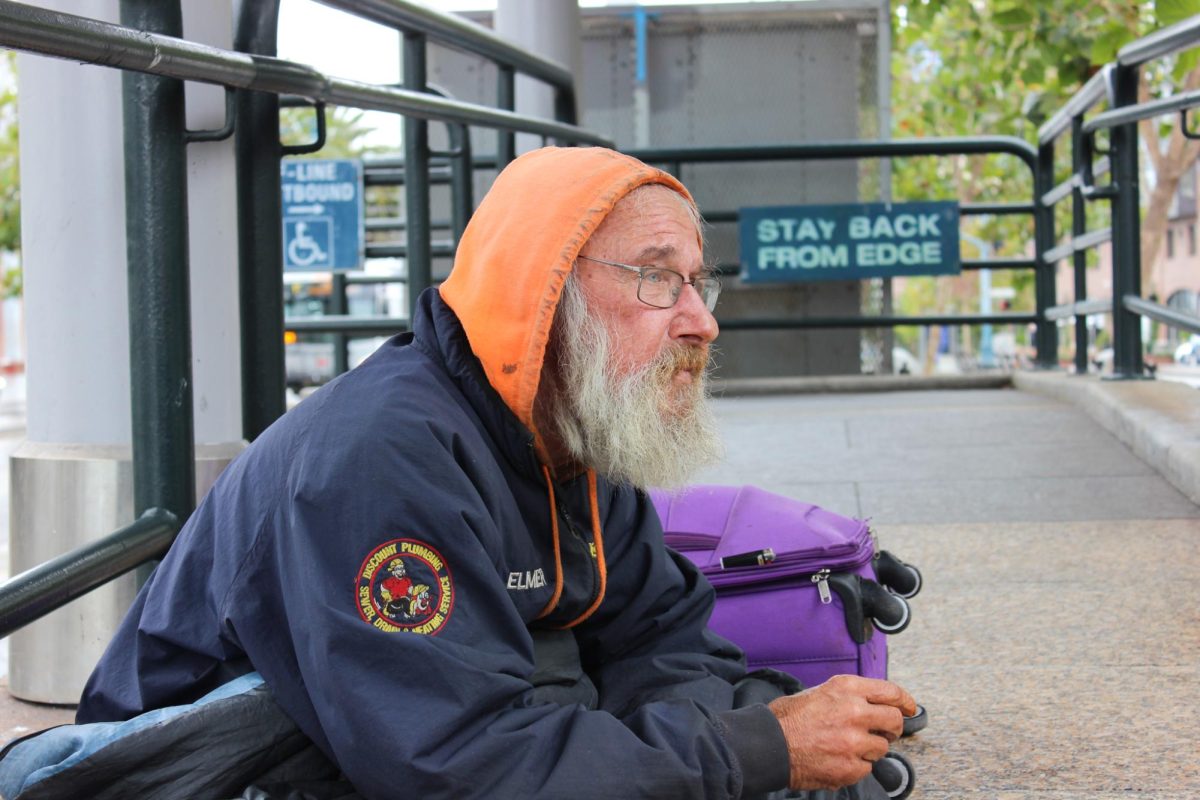

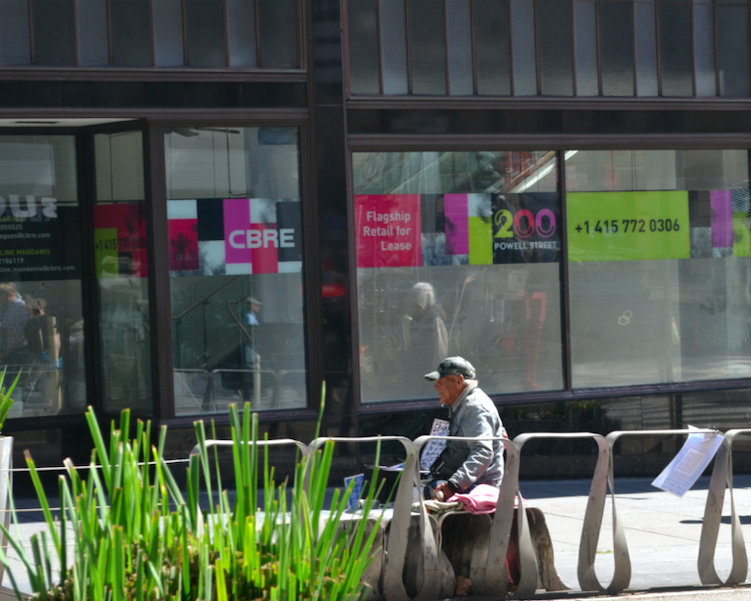
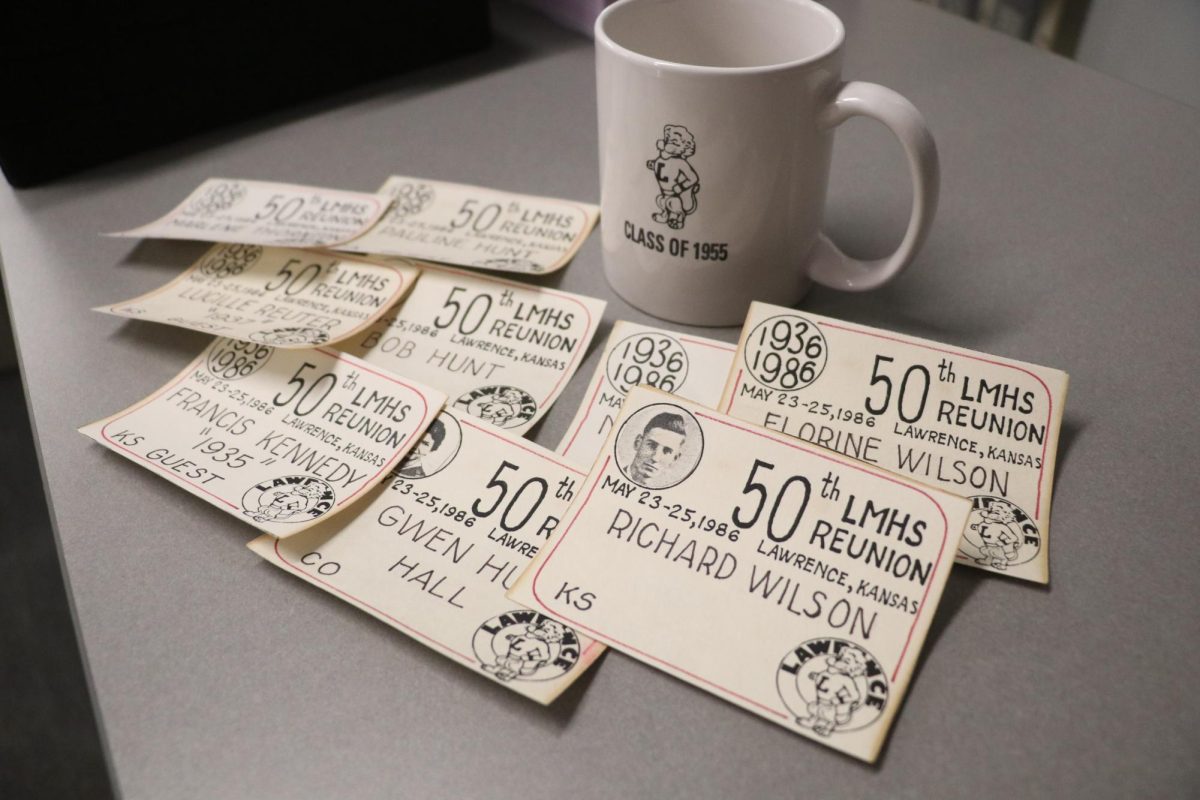

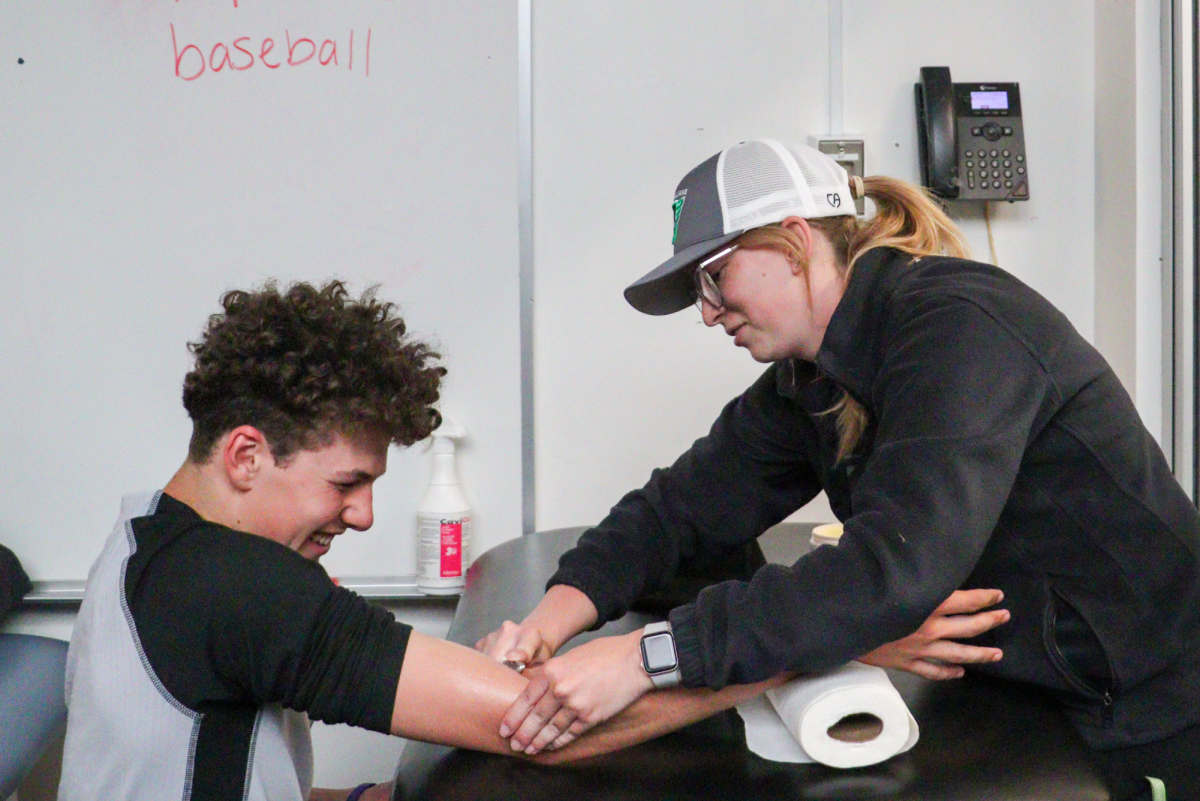

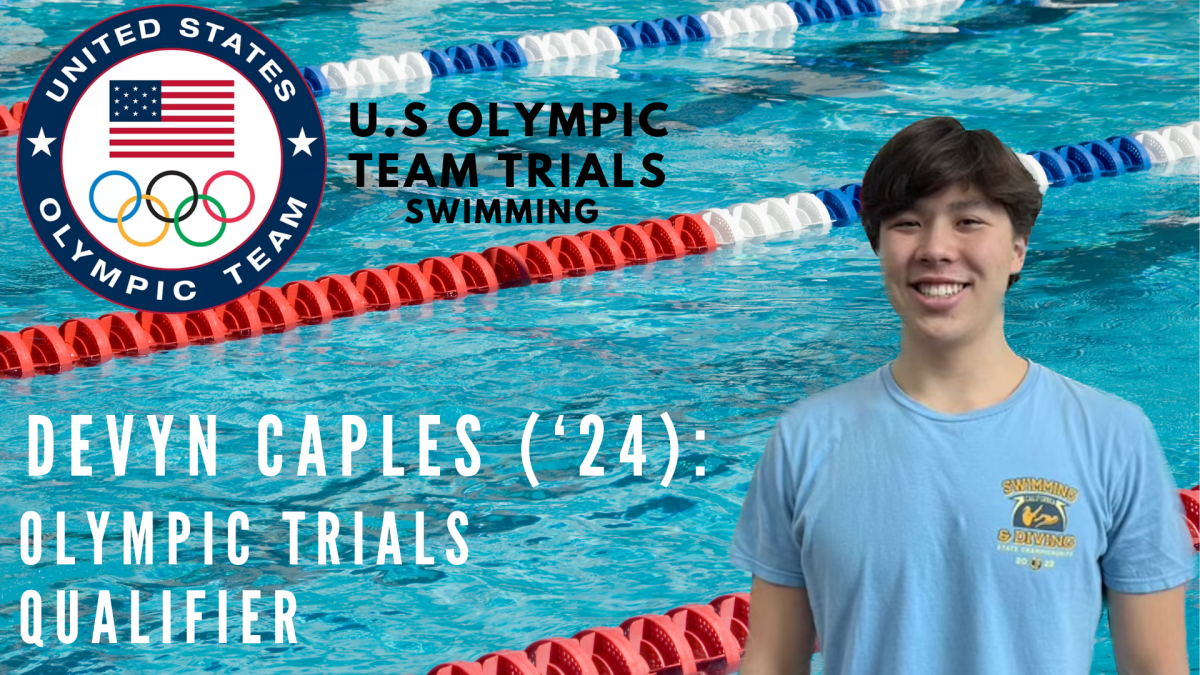

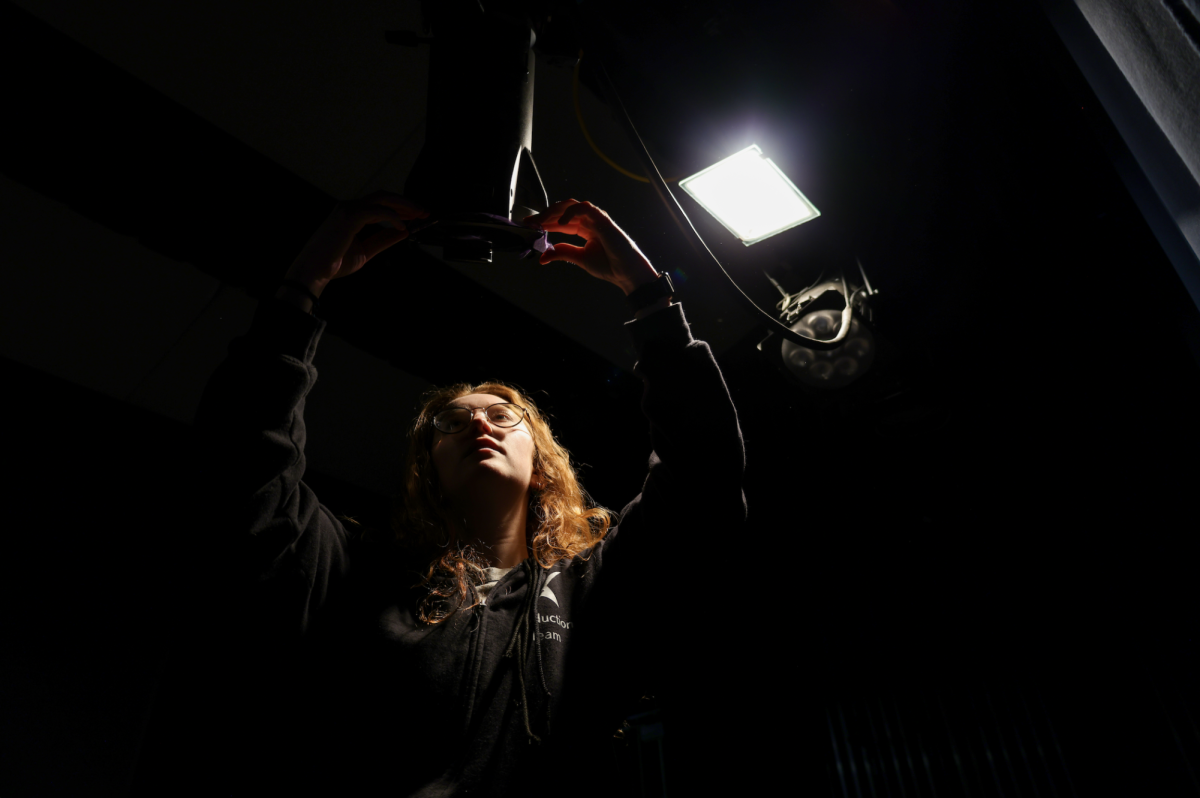


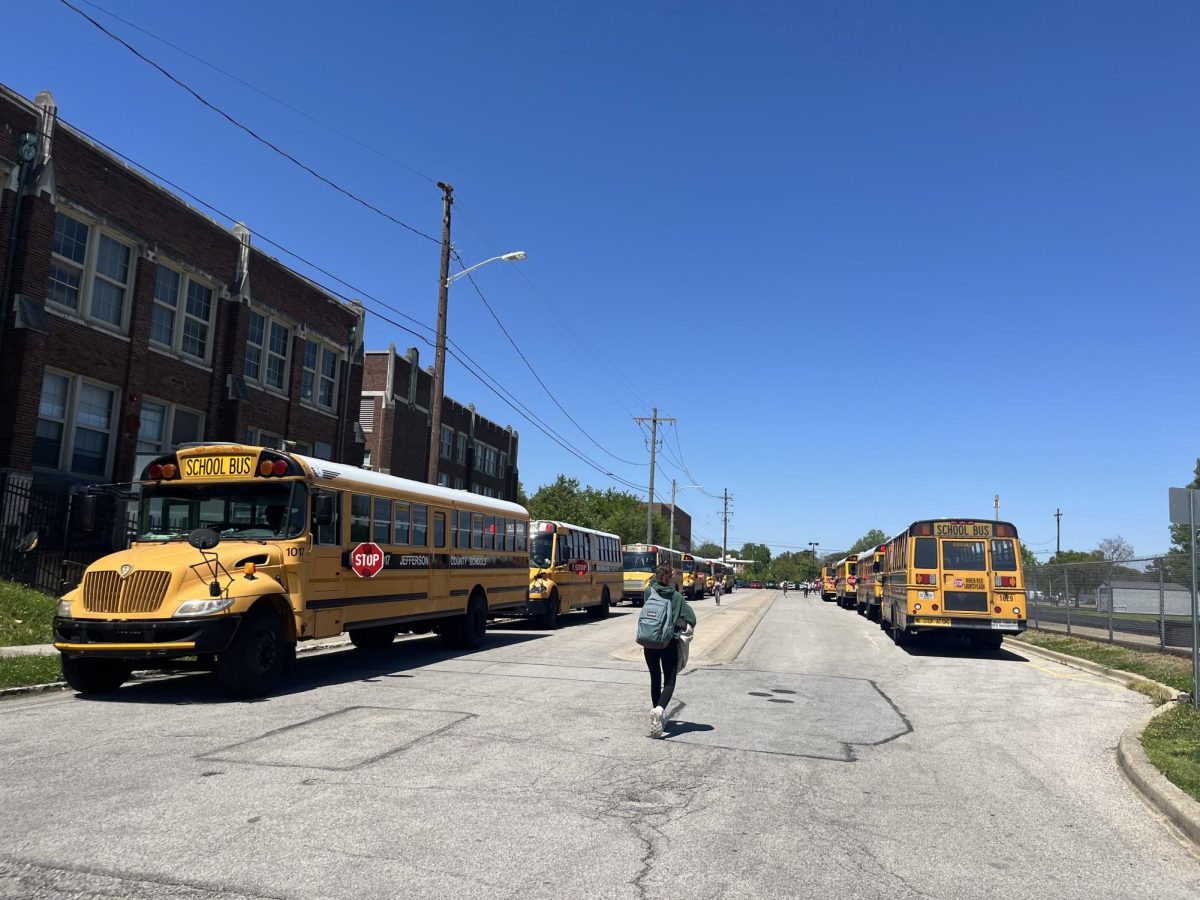
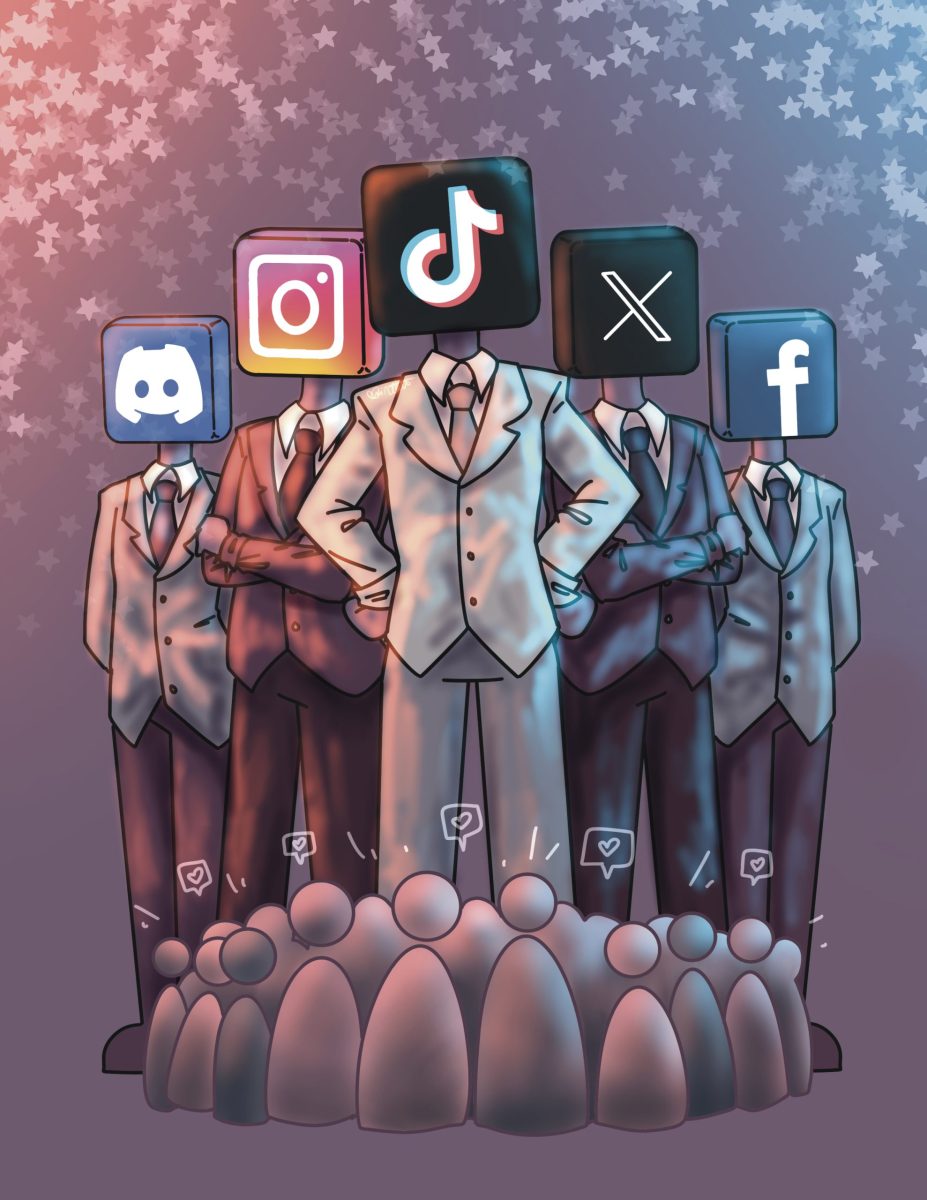


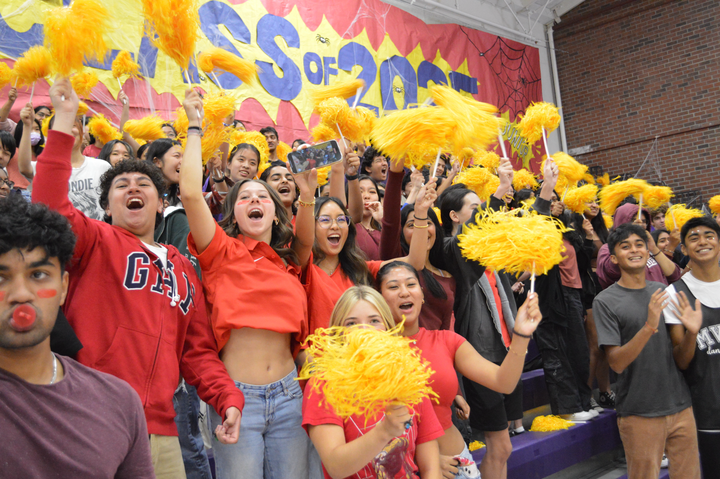

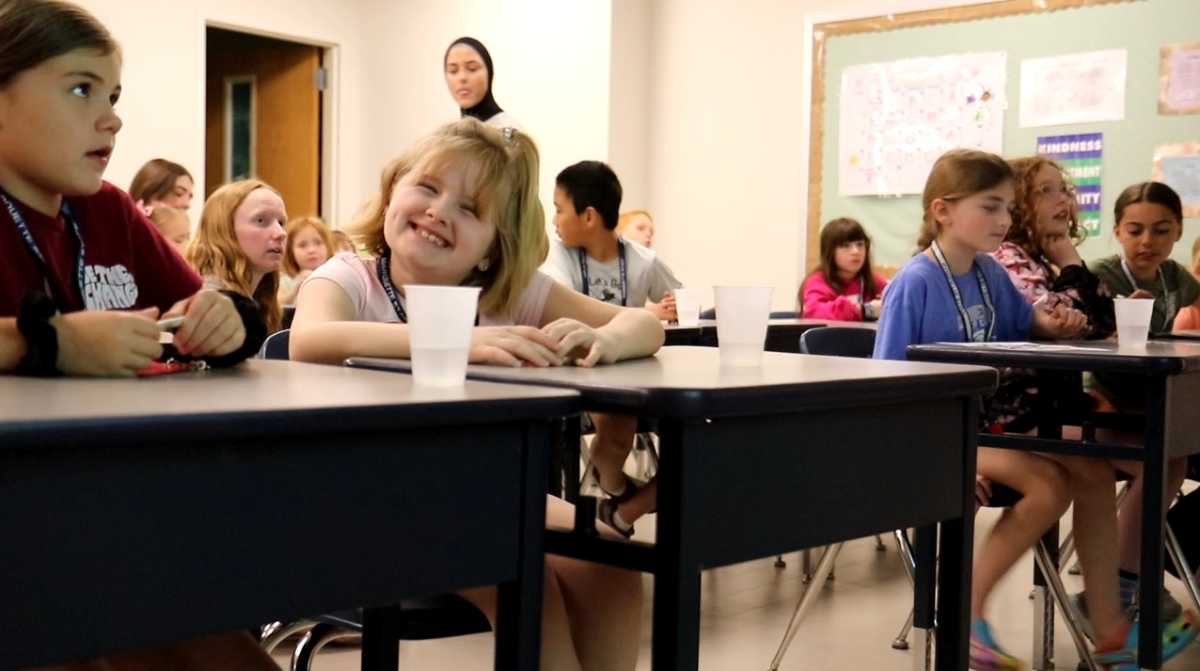
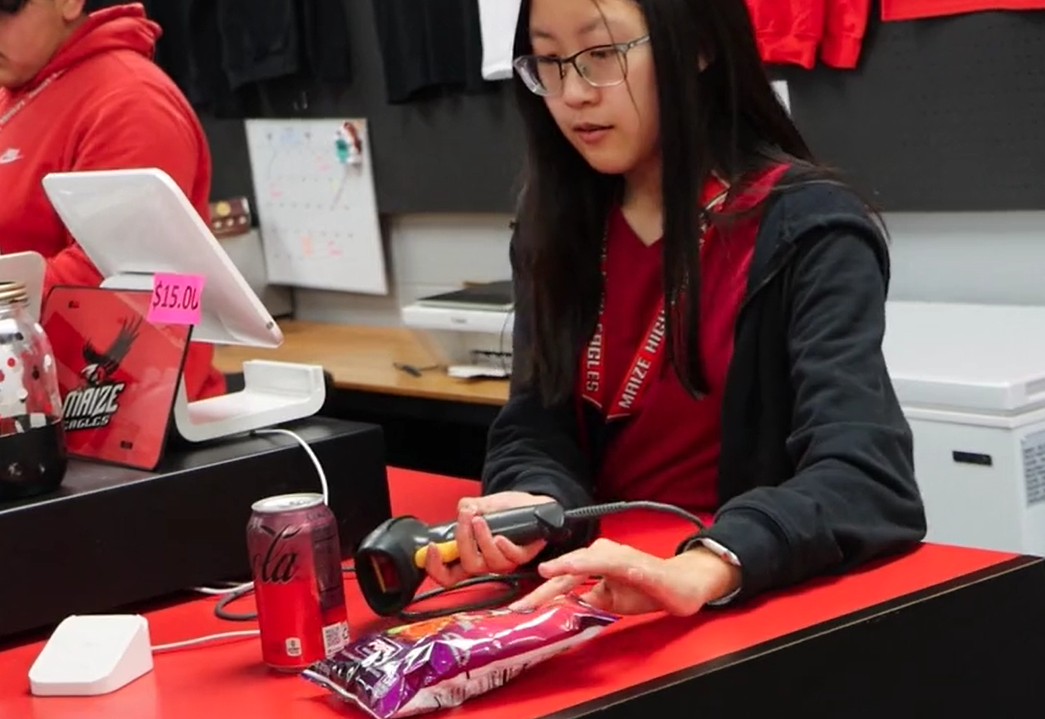
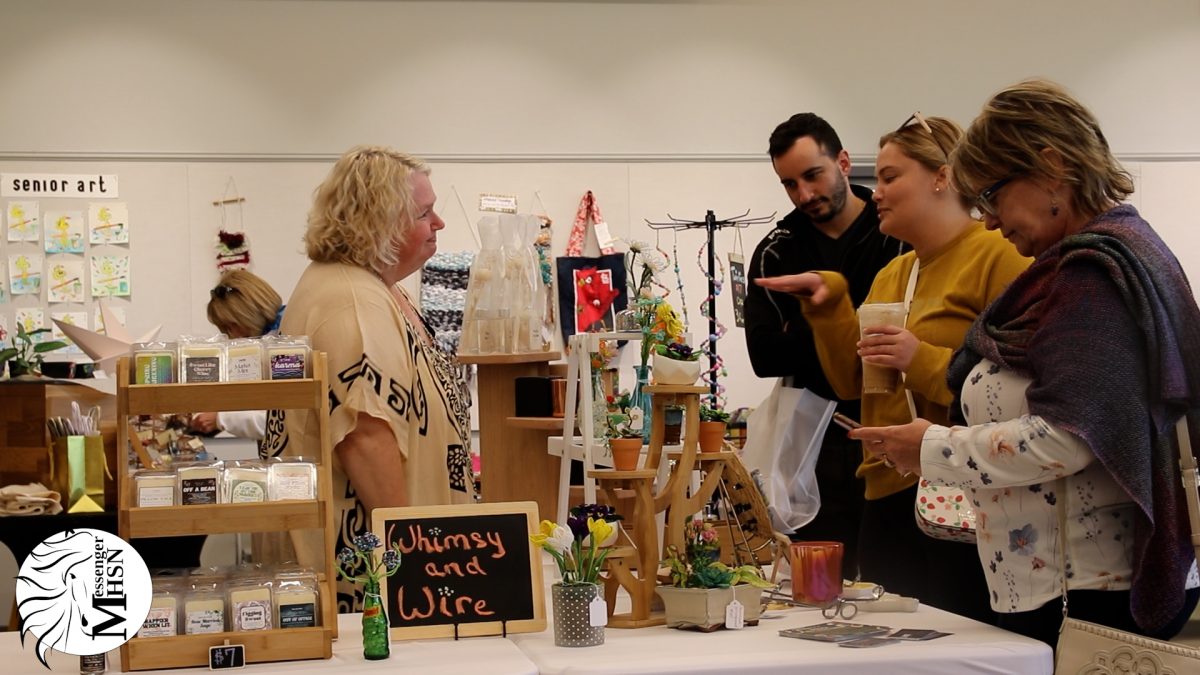
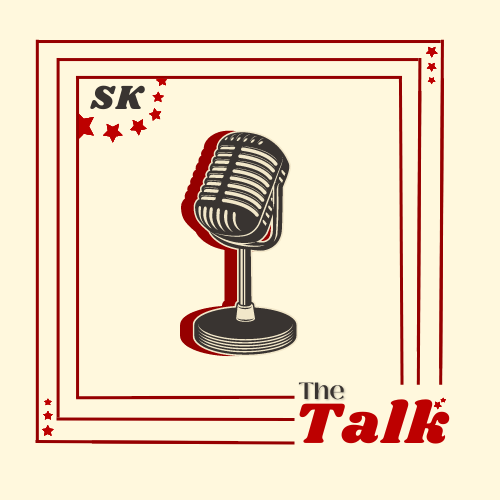





![IN THE SPOTLIGHT: Junior Zalie Mann performs “I Love to Cry at Weddings,” an ensemble piece from the fall musical Sweet Charity, to prospective students during the Fine Arts Showcase on Wednesday, Nov. 8. The showcase is a compilation of performances and demonstrations from each fine arts strand offered at McCallum. This show is put on so that prospective students can see if they are interested in joining an academy or major.
Sweet Charity originally ran the weekends of Sept. 28 and Oct. 8, but made a comeback for the Fine Arts Showcase.
“[Being at the front in the spotlight] is my favorite part of the whole dance, so I was super happy to be on stage performing and smiling at the audience,” Mann said.
Mann performed in both the musical theatre performance and dance excerpt “Ethereal,” a contemporary piece choreographed by the new dance director Terrance Carson, in the showcase. With also being a dance ambassador, Mann got to talk about what MAC dance is, her experience and answer any questions the aspiring arts majors and their parents may have.
Caption by Maya Tackett.](https://bestofsno.com/wp-content/uploads/2024/02/53321803427_47cd17fe70_o-1-1200x800.jpg)
![SPREADING THE JOY: Sophomore Chim Becker poses with sophomores Cozbi Sims and Lou Davidson while manning a table at the Hispanic Heritage treat day during lunch of Sept 28. Becker is a part of the students of color alliance, who put together the activity to raise money for their club.
“It [the stand] was really fun because McCallum has a lot of latino kids,” Becker said. “And I think it was nice that I could share the stuff that I usually just have at home with people who have never tried it before.”
Becker recognizes the importance of celebrating Hispanic heritage at Mac.
“I think its important to celebrate,” Becker said. “Because our culture is awesome and super cool, and everybody should be able to learn about other cultures of the world.”
Caption by JoJo Barnard.](https://bestofsno.com/wp-content/uploads/2024/01/53221601352_4127a81c41_o-1200x675.jpg)


